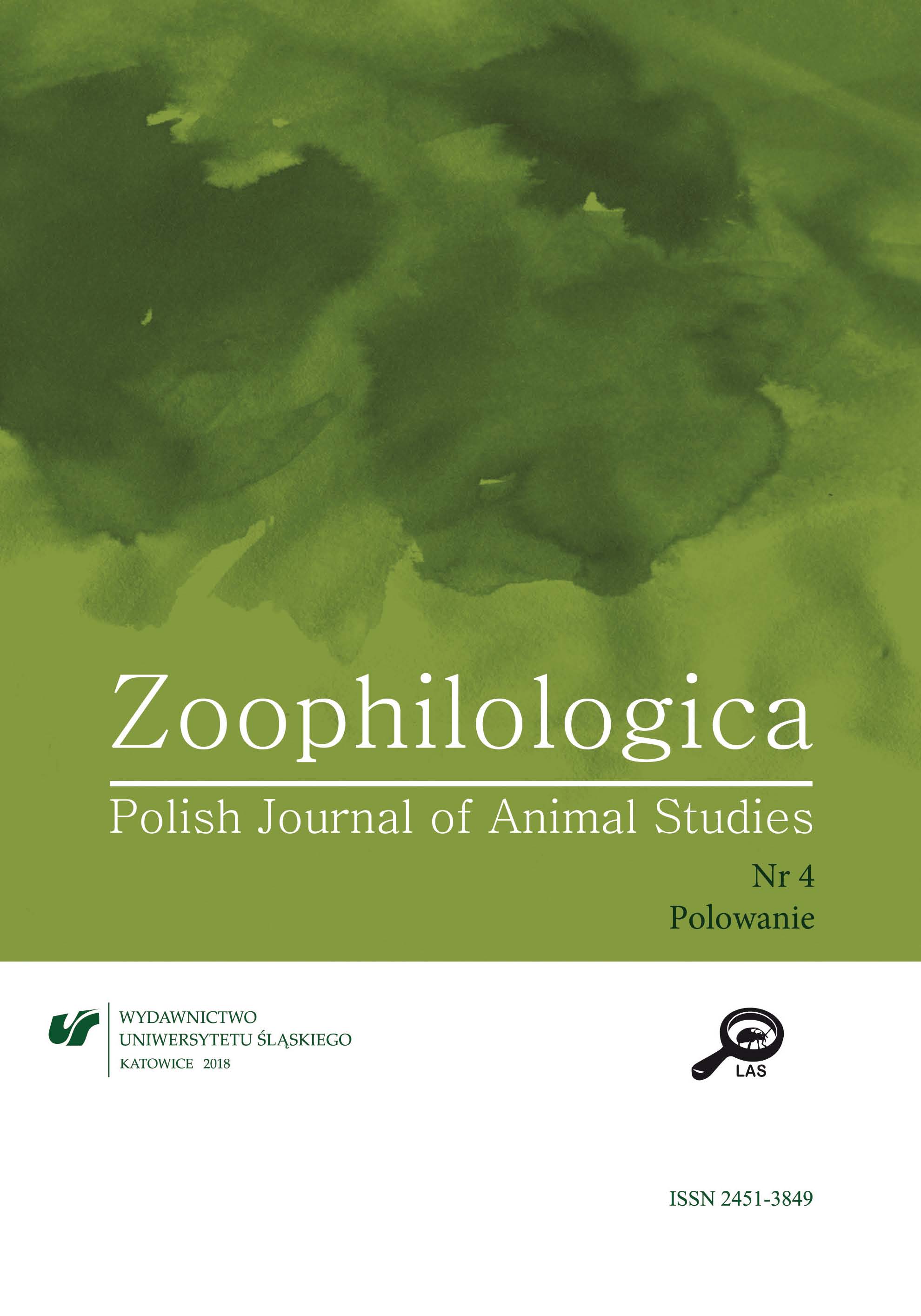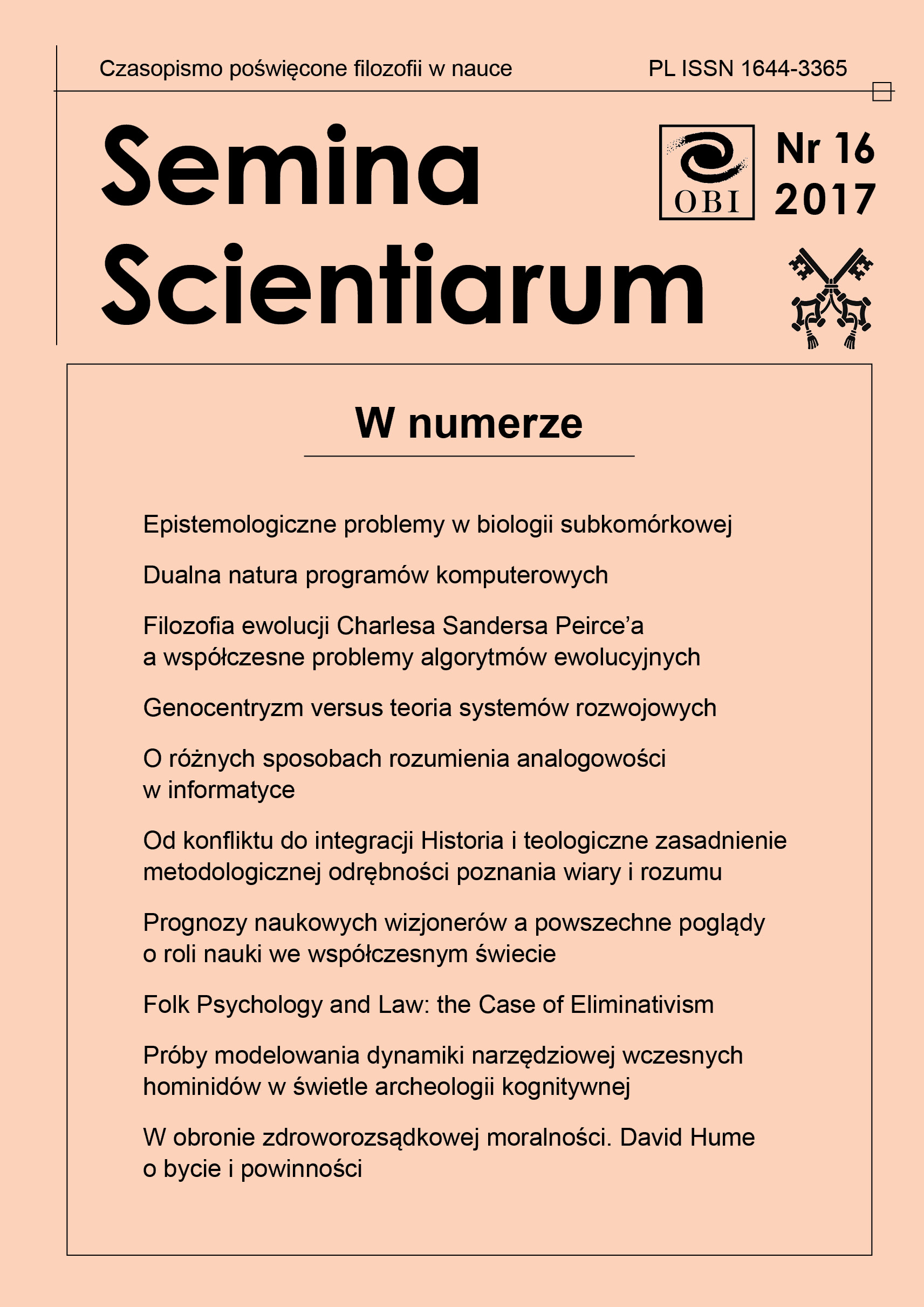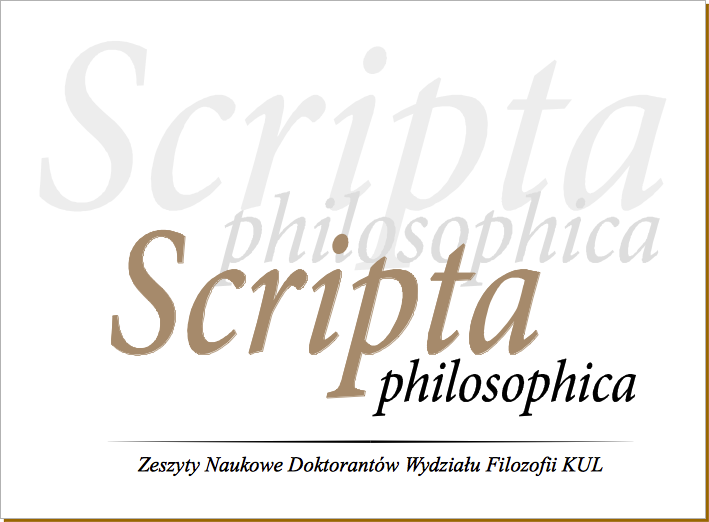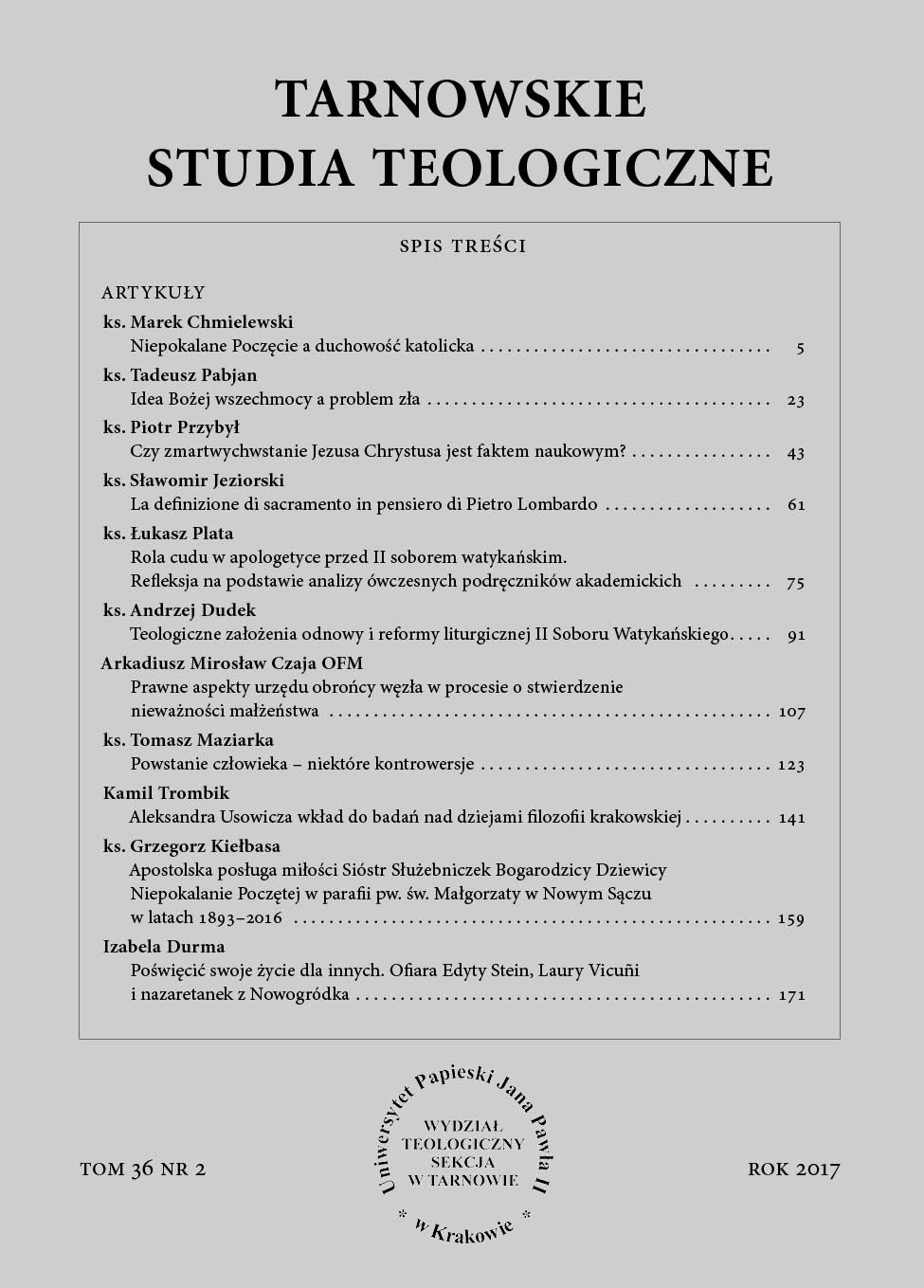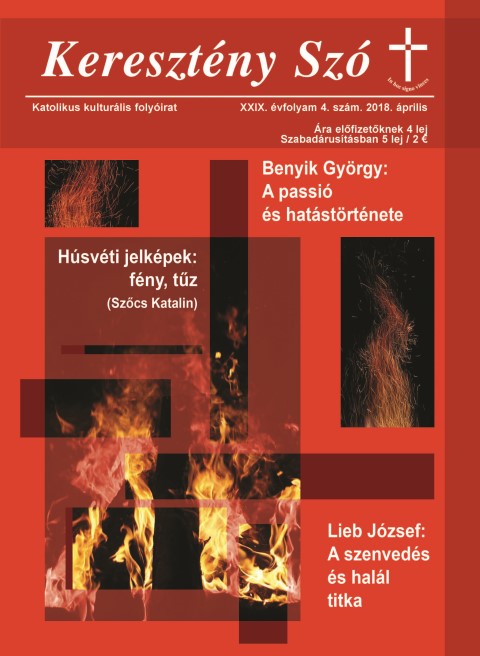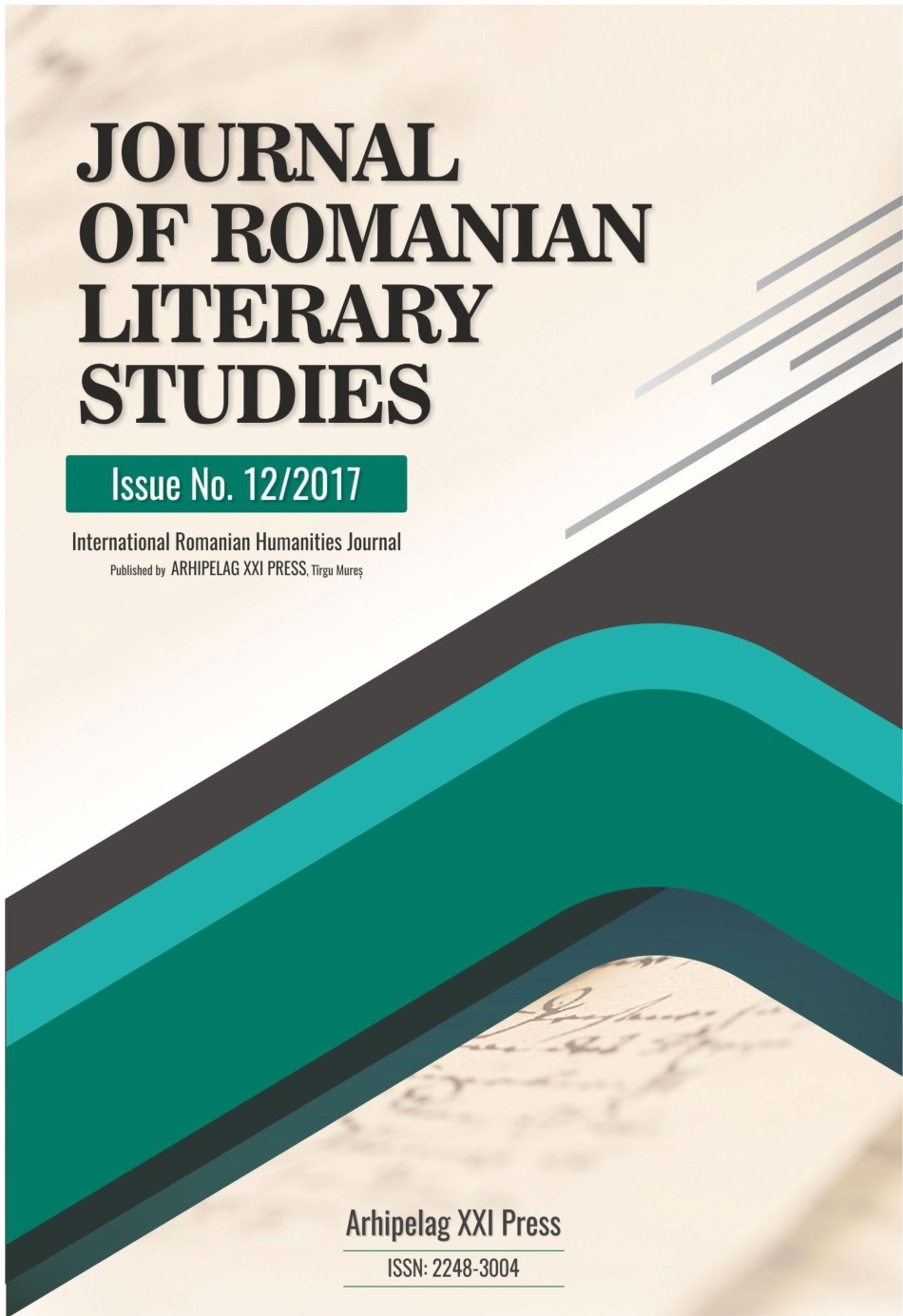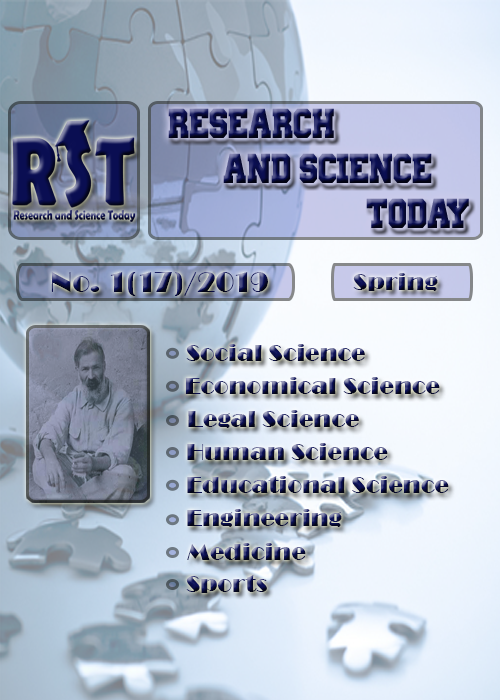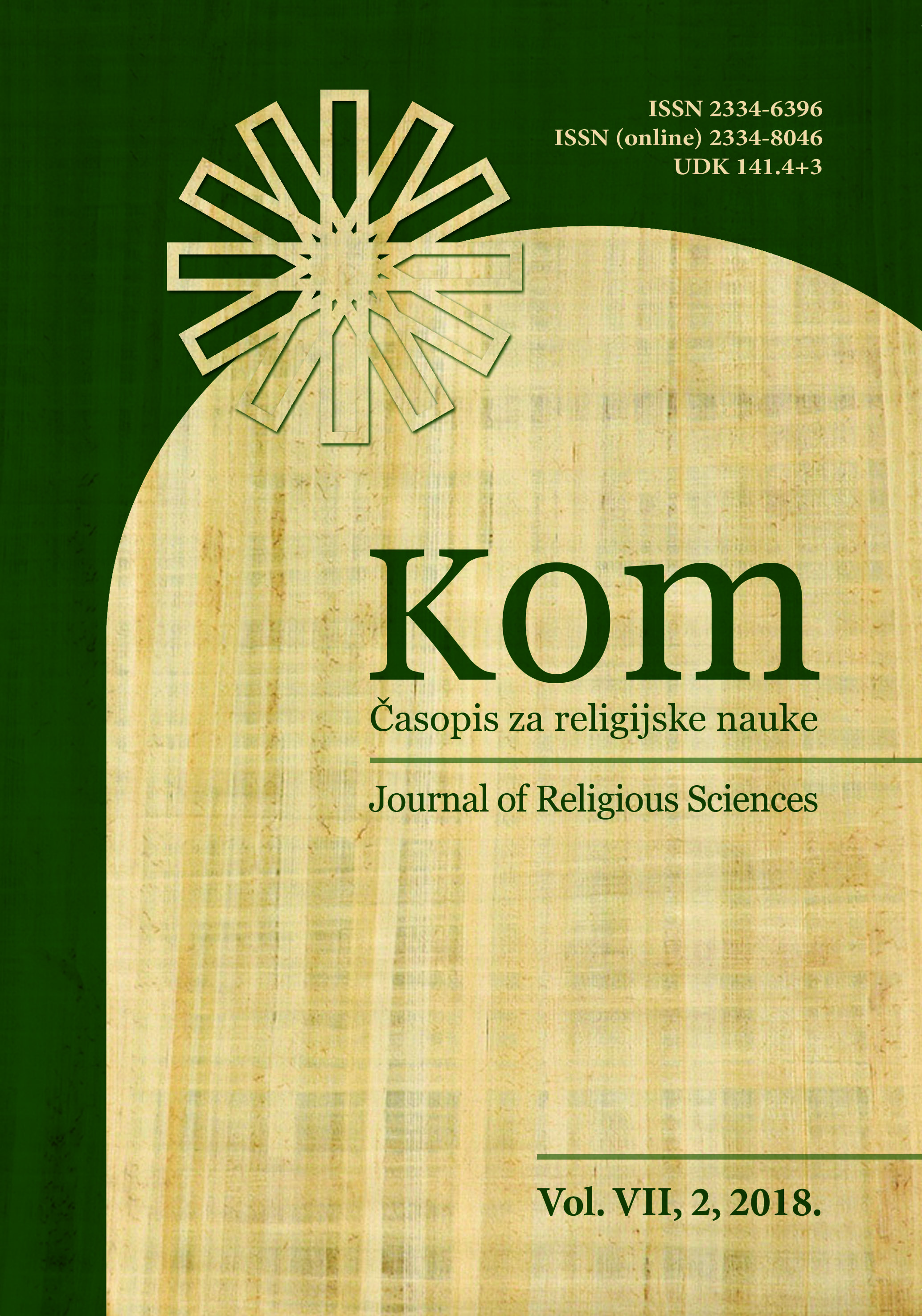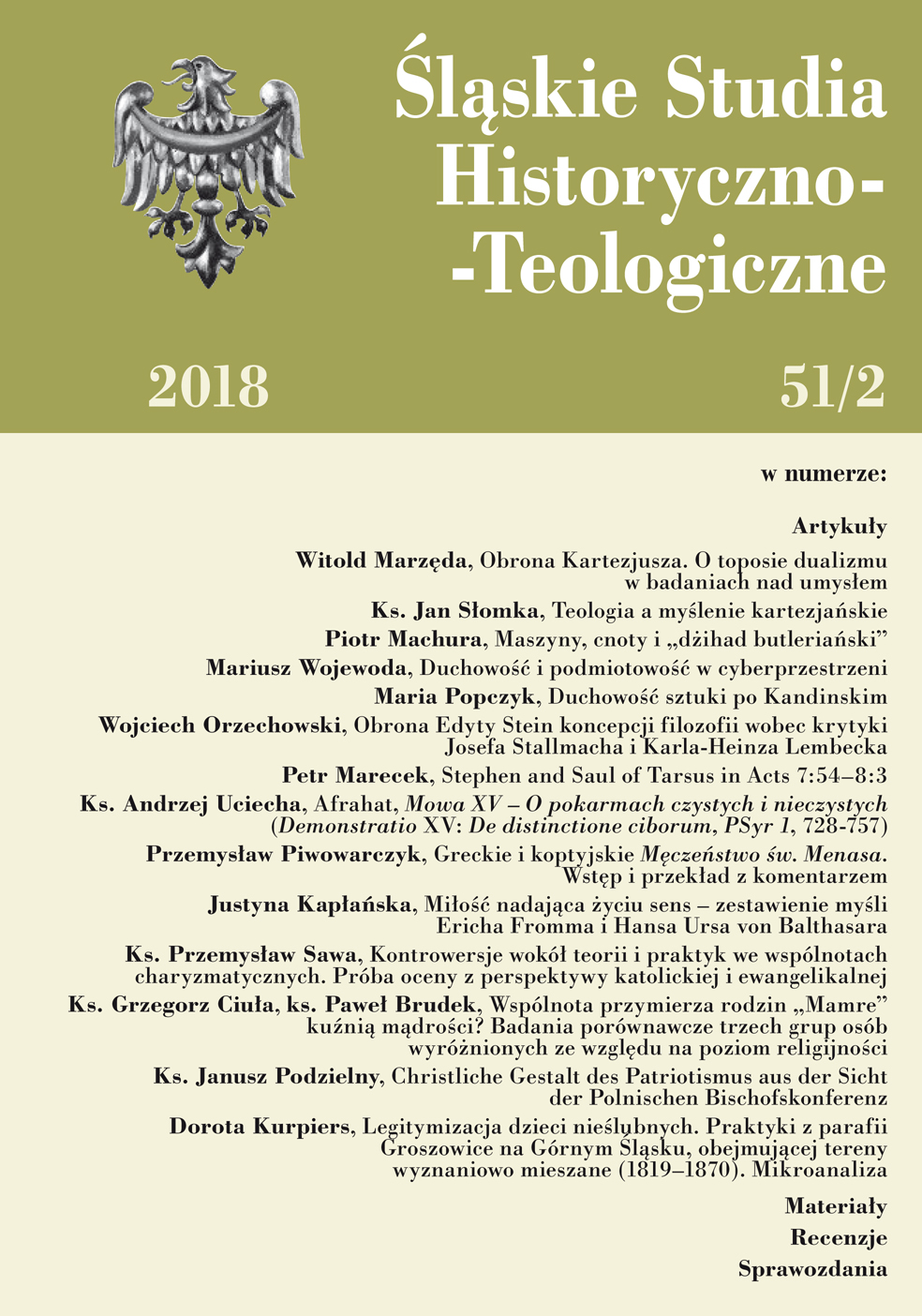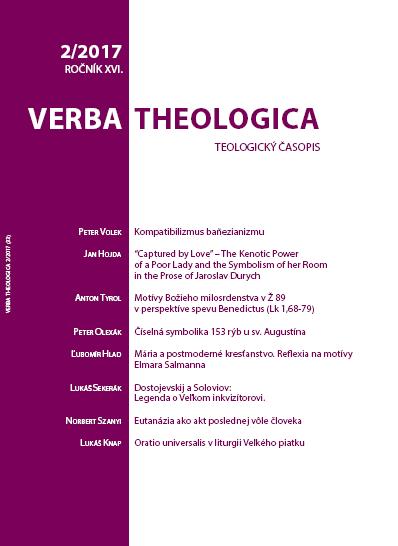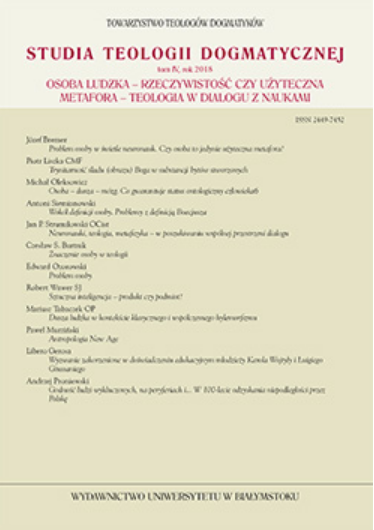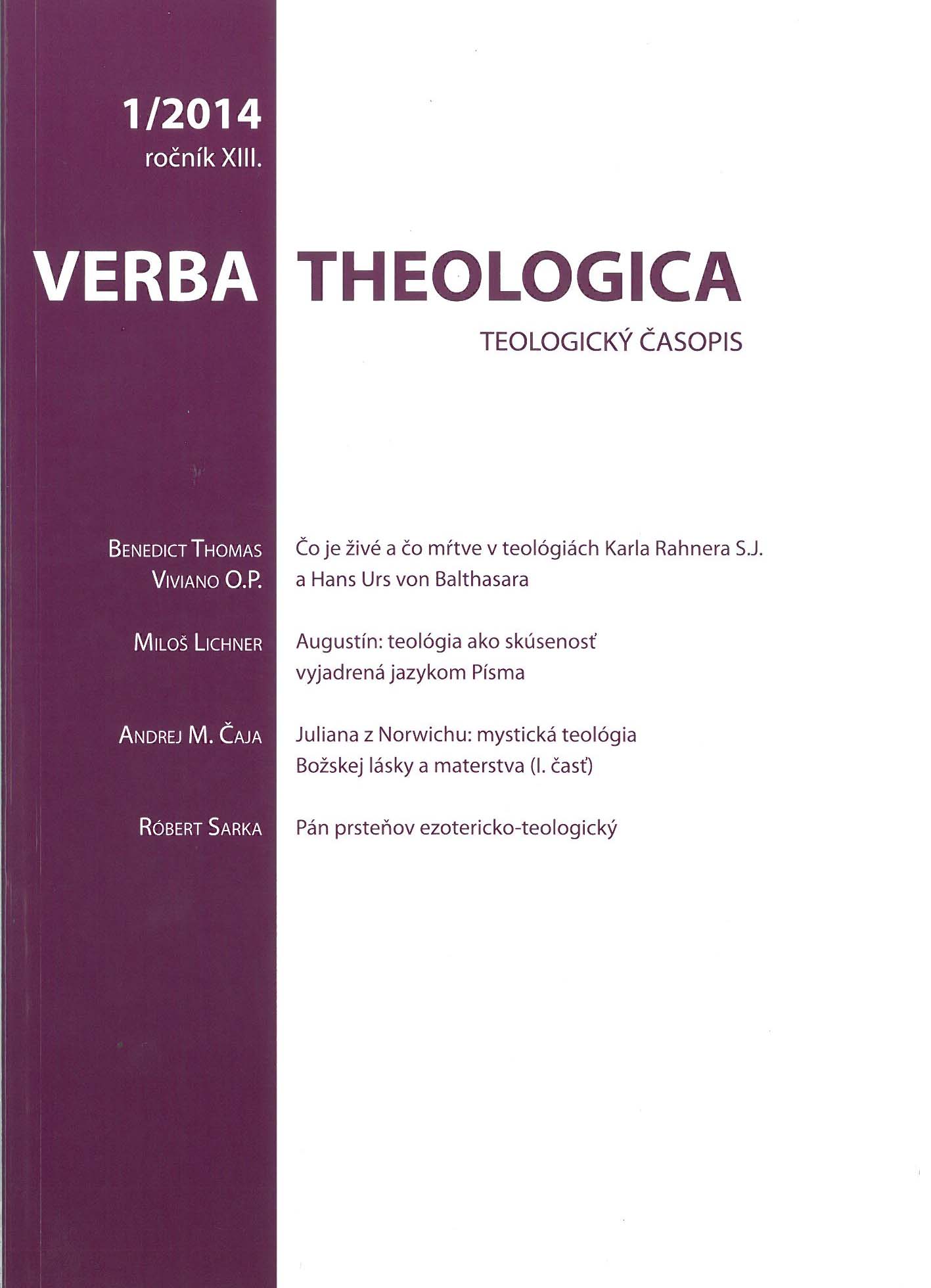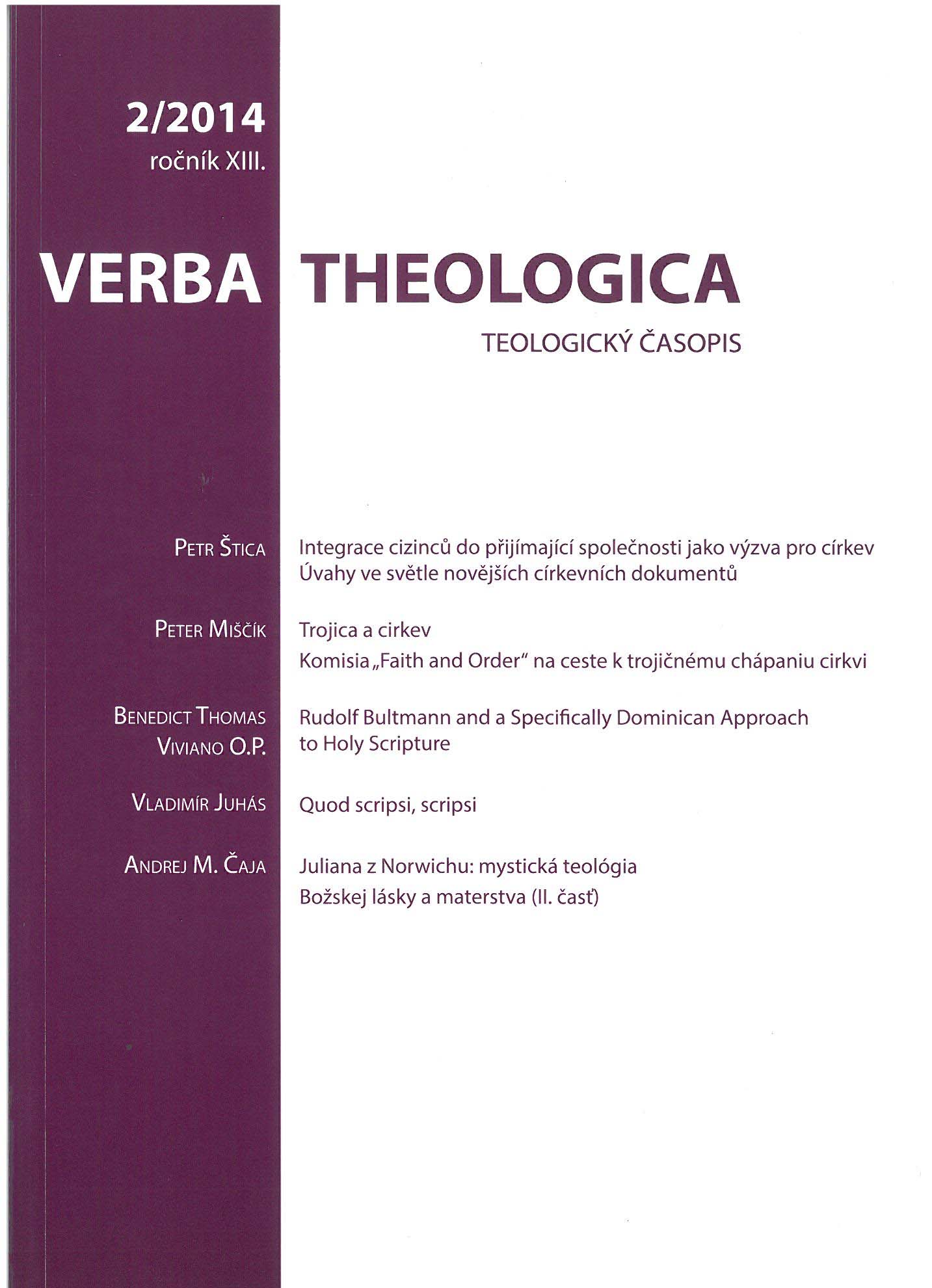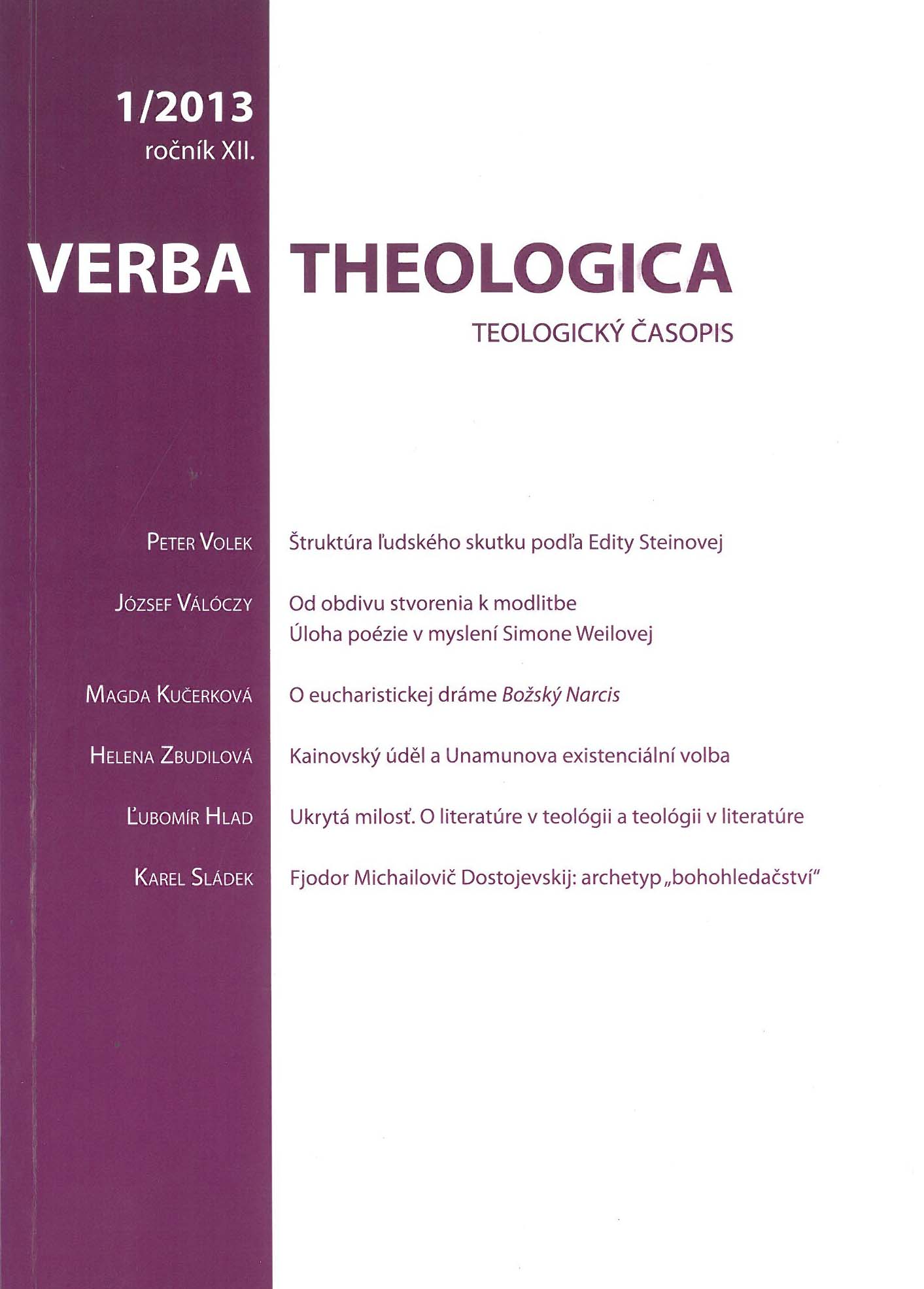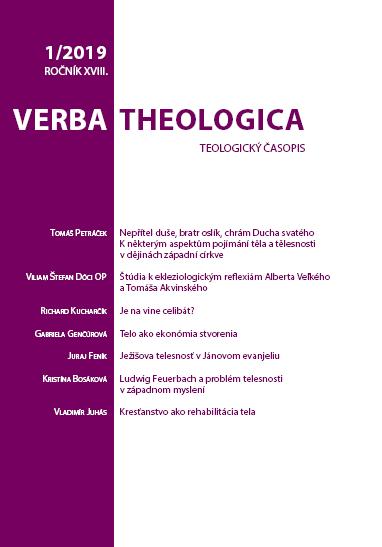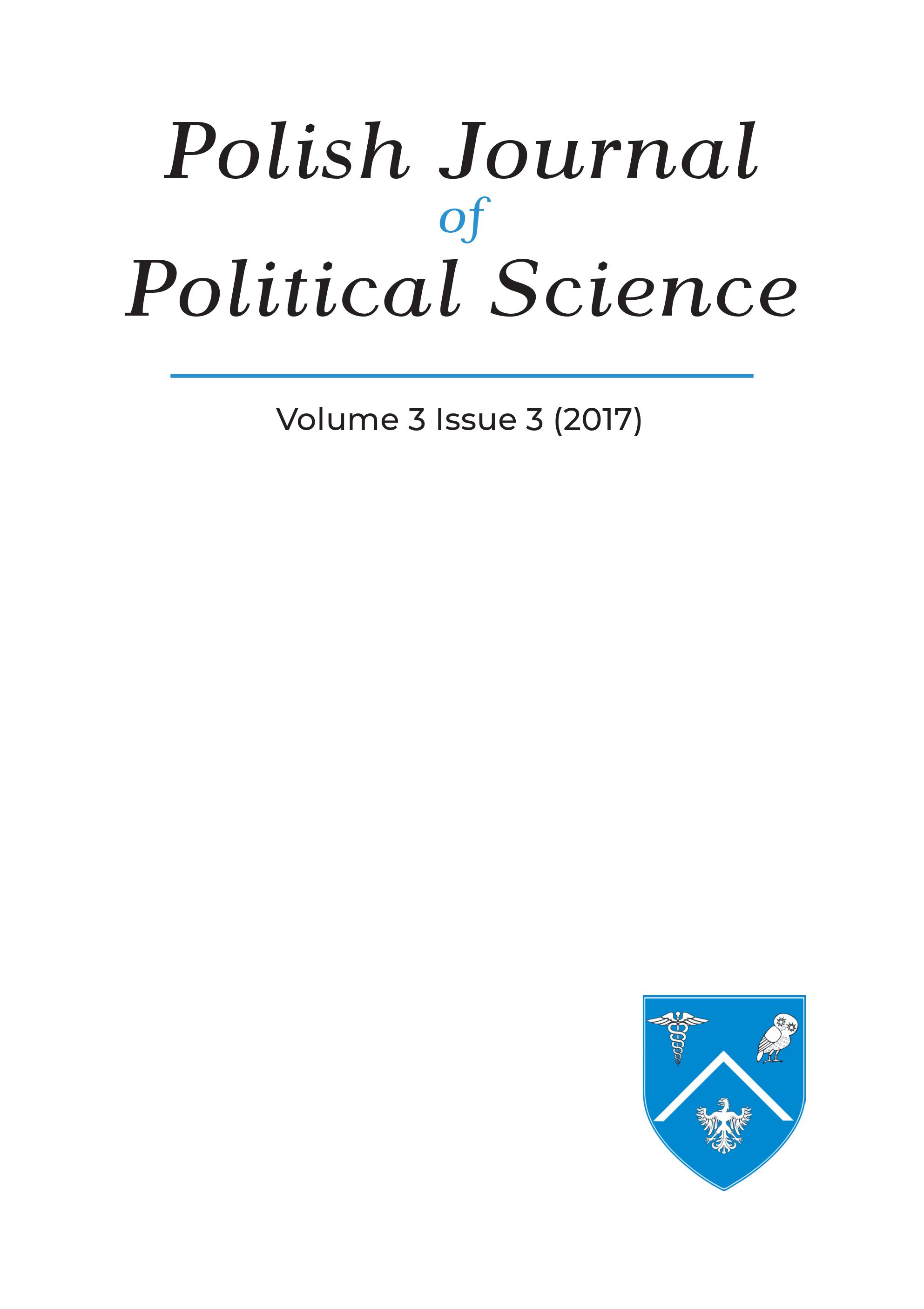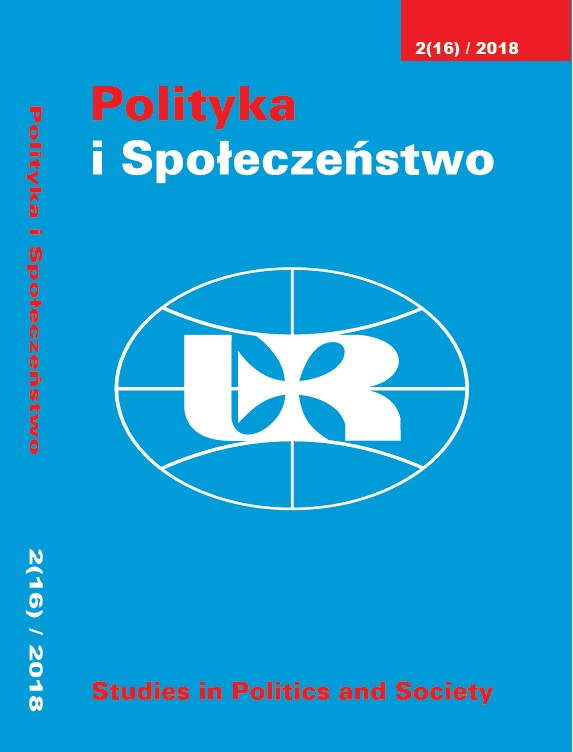
RELACJE PAŃSTWO – KOŚCIÓŁ W REPUBLICE ESTONII
The aim of the publication is to present those constitutional principles in the Republic of Estonia which concern the relation between the state and church. The freedom of religion and conscience was established based on the European civilization as one of the fundamental indications of the freedom of the individual. It is guaranteed by the Constitution of the Republic of Estonia. The Constitution of the Republic of Estonia ensures the freedom of confession as well as a formal separation between a state and a church. It emphasizes the secular nature of the state, presented in the doctrine of the religious law as a state which indicates a separation of the religious associations characterized mainly by organizational and functional independence.
More...
